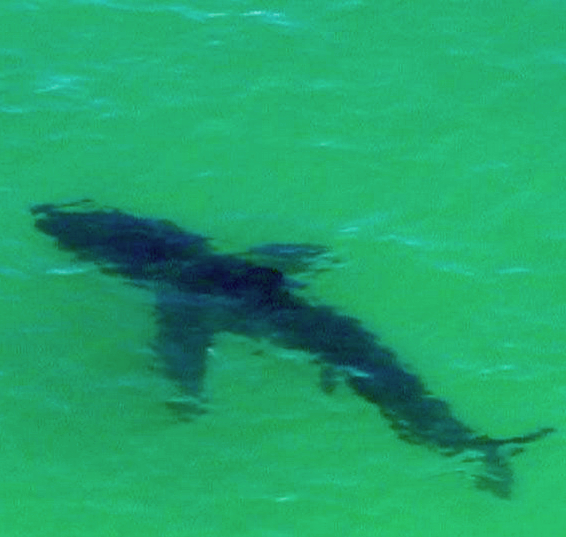Shark cages could aid views
 A new survey suggests that while terrifying, cage-diving with sharks can improve peoples’ view of conservation.
A new survey suggests that while terrifying, cage-diving with sharks can improve peoples’ view of conservation.
Flinders University researchers investigated the attitudes and environmental behaviour of 136 tourists following their white shark cage-dive experience at the Neptune Islands Group Marine Park in South Australia.
While dolphins and whales are often the focus of marine wildlife tourism and activism, a more commonly held negative perception of sharks means that conservation for sharks receives less public support.
However, public attitudes towards sharks have begun to change, with an increased level of interest and awareness of the scale of threats to global shark populations.
It appears that continued change in public perception can be accelerated through the marine tourism industry.
“Sharks play important ecological roles in marine ecosystems, and improving human perception is key to increasing conservation awareness and behaviour,” says Flinders University associate professor Charlie Huveneers says.
Once considered a disadvantage to coastal tourism, sharks are now considered an important attraction at dive sites around the world.
Exposing tourists to sharks in their natural environment has considerable potential to enhance a participant's knowledge, attitude and behaviour towards sharks, and support their conservation.
Responses to the survey revealed a significant increase in participation for seven of the eight conservation-related behaviours explored, and a positive shift in participants’ understanding, awareness, attitudes and concern for sharks following their cage diving experience.
The results suggest that emotional engagement during the tour is associated with enhancing participants’ knowledge and attitude towards sharks.
Many tourists’ perception of sharks is positively enhanced as a result of them participating in the cage dive.
“Many are surprised by their experience,” says researcher leader, PhD candidate Kirin Apps.
“They come with the idea that it’s going to be a scary experience, but they get out of the water and use words such as beautiful, peaceful and majestic; words they wouldn’t usually associate with sharks.
“There was a lot of respect for these animals once they saw them in the wild. Their emotional connection through engagement was one of the big things that changed their ideas about sharks. Having people speak positively about sharks is beneficial to conservation.”







 Print
Print